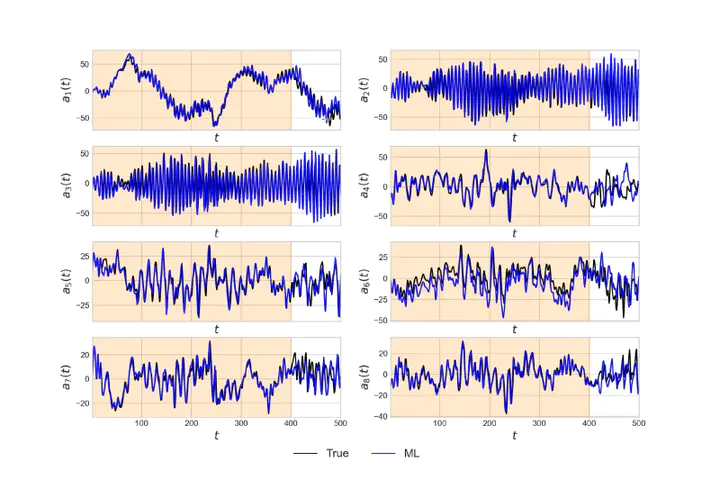A Novel Approach in Realistic Wind Data Generation for The Safe Operation of Small Unmanned Aerial Systems in Urban Environment

Abstract
In this study, we present preliminary work for a method to efficiently generate realistic wind data for urban environments using existing Large Eddy Simulation (LES) data for the safe operation of small unmanned aerial vehicles. A single building setup in neutral atmospheric conditions is considered a test case to demonstrate the method. The method relies on using Large Eddy Simulation data from a computational fluid dynamics simulation and a non-intrusive Reduced Order Modeling approach (ROM) coupled with Recurrent Neural Networks like Long Short Term Memory (LSTM). Proper Orthogonal Decomposition (POD) transform extracts modal coefficients from the high-resolution data snapshots. The LSTM network is trained on a specific number of modal coefficients defined by their relative information content. Modal predictions for future time steps are then obtained using this trained LSTM network without computationally expensive CFD simulations. An inverse POD transform obtains the corresponding velocity fields on these modal coefficients for future time steps. Since no prior information about the underlying governing equations is utilized for the predictions, the method is entirely non-intrusive.